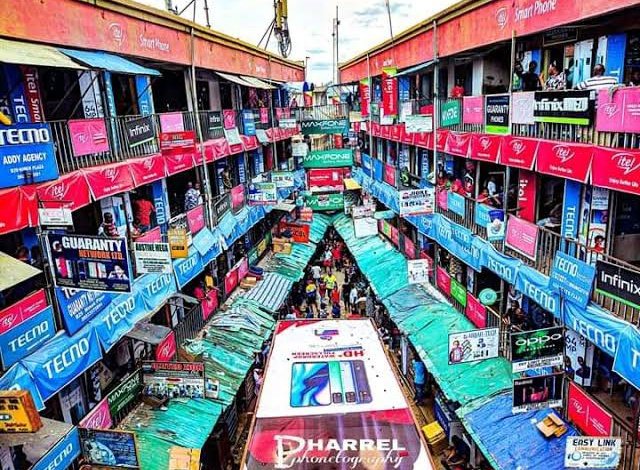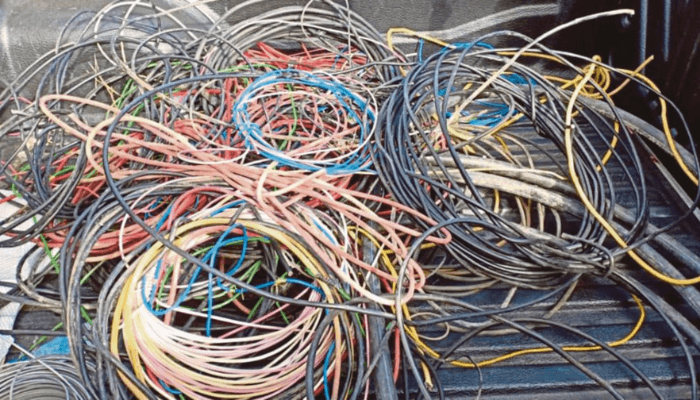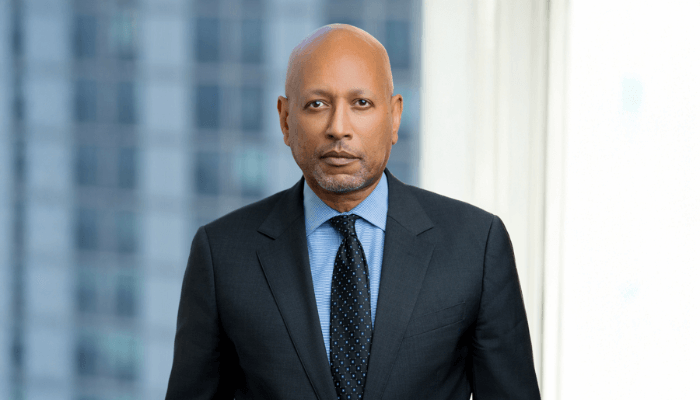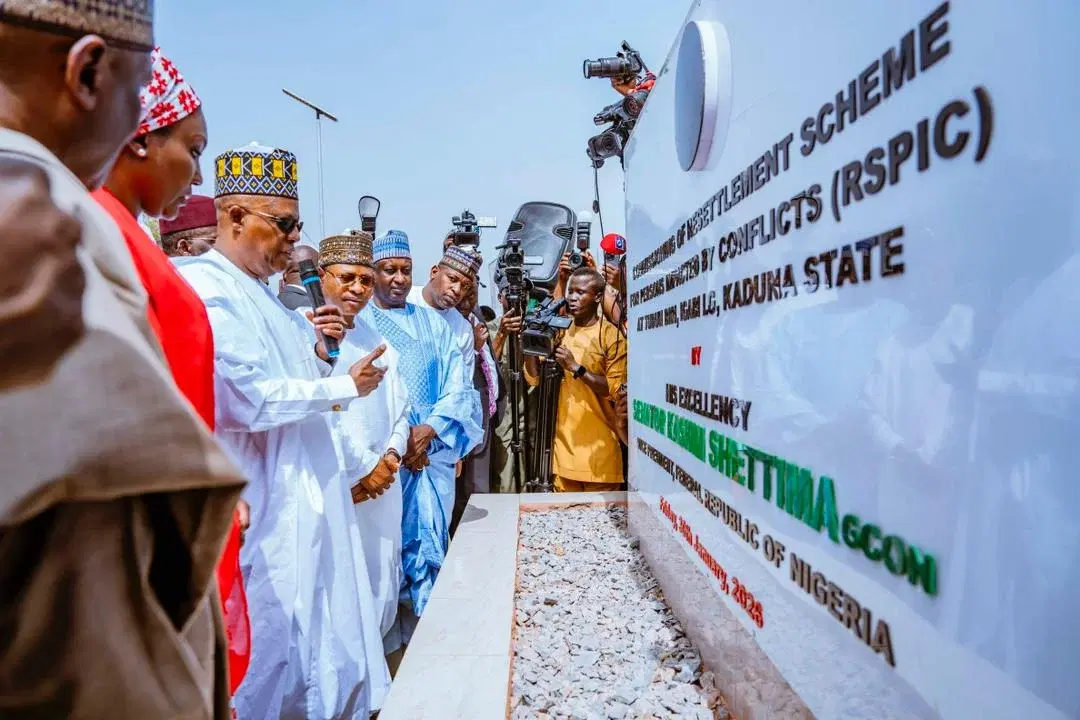The Senegalese Foundation Institut Pasteur de Dakar and the Canadian-based Mastercard Foundation have partnered on a multi-year project to build up human capacity for the production of vaccines.
Nairametrics reported that MADIBA, a historic $45 million alliance, will train young Africans, particularly women, in the production, distribution, and manufacturing of vaccines. A training facility will be established to support the activities.
The mission of MADIBA is in line with the Senegalese government’s “Plan Sénégal Émergent”, which aims to achieve pharmaceutical self-sufficiency by 2035.
Additionally, it supports the goal of the African Union to meet 60% of the continent’s vaccine needs by 2040.
The MADIBA program was launched in response to the unequal distribution of vaccines that occurred during the COVID-19 pandemic and the requirement that Africa builds the capacity to satisfy its future vaccination demands.
The Regional Capability and Capacity Centre Network, designed for talent development for manufacturing and research, was established by the Africa Center for Disease Control and Prevention earlier in February this year, and the Institut Pasteur de Dakar was chosen as its pioneer center.
According to the IPD CEO, Amadou Sall, cooperation with Mastercard will promote the growth of human capital in Africa’s biomanufacturing industry.
“The project is a key supporter of vaccination equity and autonomy and a major force behind the establishment of high-skilled jobs for African youth and women.
The president and CEO of the Mastercard Foundation, Reeta Roy, views the collaboration and the MADIBA initiative as a continuation of the Mastercard Foundation’s Saving Lives and Livelihood Initiative.
“This relationship expands on the initiative’s game-changing goals of saving lives and livelihoods. That is, to ensure everyone’s safety by implementing COVID-19 immunizations while safeguarding Africa’s long-term health security by developing local manpower and knowledge in vaccine manufacture.
“The lives of young people in Africa will also be improved as a result of our engagement,” he said.
“Our goals include creating collaborations with African universities, educating a workforce for MADIBA and other African vaccine producers, and advancing science education among elementary school children.”
“He thanked the Mastercard Foundation for supporting the MADIBA project’s other financial and technical partners in the quest to hasten equal and sustainable access to health in Africa.”










